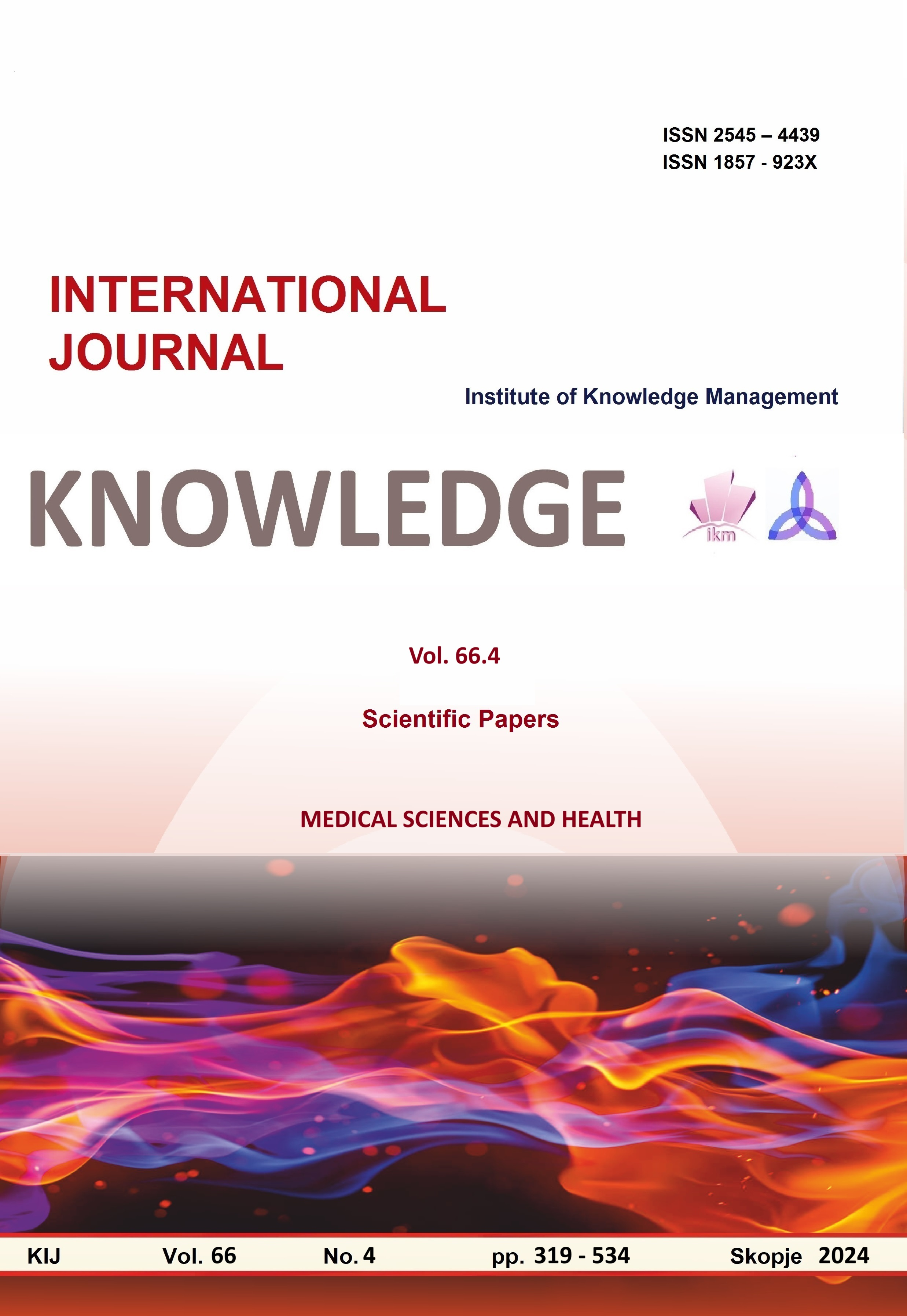COVID-19 СОЦИАЛНА, ЕМОЦИОНАЛНА И ДВИГАТЕЛНА ДЕПРИВАЦИЯ
COVID-19 SOCIAL, EMOTIONAL AND PHYSICAL DEPRIVATION
Author(s): Anushka UzunovaSubject(s): Social Sciences, Education
Published by: Scientific Institute of Management and Knowledge
Keywords: hypodynamia;physical health;online training;COVID-19
Summary/Abstract: Four years have passed since the pandemic, but the term COVID-19 still evokes fear and uncertainty in people. Life and health risks have significantly decreased, but the consequences not only of the disease, but also of the preventive measures taken can now finally begin to be analyzed. These analyzes would provide an opportunity to overcome or at least limit the consequences to some extent. An infection unknown to humans that grew into a pandemic required mandatory measures to limit its spread. Until the discovery of vaccines and a proper treatment algorithm, social distancing was taken as the main prevention. This required work and schooling to take place online. The closure of educational institutions affected over 91% of the world's school-age population. (UNESCO, 2020; Zhu & Liu, 2020) Gyms were closed, travel, social events, even family gatherings were restricted. A curfew was imposed in some areas. All this led to limited physical activity. On the other hand, technical progress and computerization in every area of modern life have increased the intellectual abilities and fine motor skills of mankind. The need to cope with the global flow of information and the hyper-fast lifestyle were compensated by technologies shortening the time for any physical activity even more: cars, subways, elevators, etc. All this has surely allowed for more time for intellectual work, but has also changed the habits of a significant part of humanity. As a result, hypodynamia or so-called "physical inactivity" has been manifested. Hypodynamia means limited mobility causing weakening of the muscles and muscle activity as a result of a static lifestyle. Please note that this does not relate to people who are forced to limit their movements due to illness or disability. Purpose: The purpose of the study is to specify the physical and psychological changes that occurred as a result of the measures taken regarding education and work environments during the pandemic period. The study was conducted among 97 students from the Medical College at Trakia University in Stara Zagora, Bulgaria who participated in the online training during the COVID-19. Data were obtained using an anonymous questionnaire. Sixty-nine women and twenty-eight men between the ages of 19 and 60, divided into three age groups, were interviewed.
Journal: Knowledge - International Journal
- Issue Year: 66/2024
- Issue No: 4
- Page Range: 483-487
- Page Count: 5
- Language: Bulgarian

